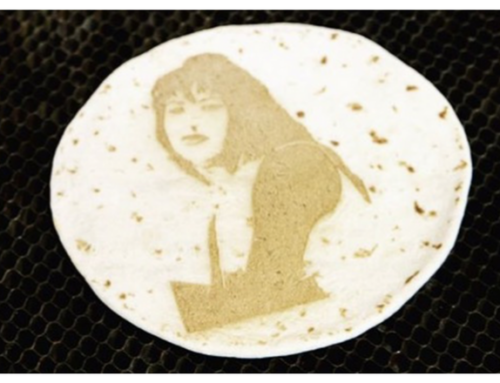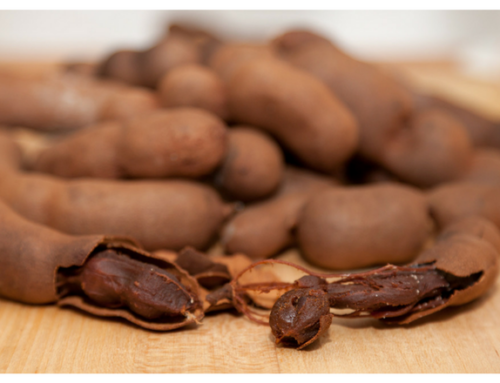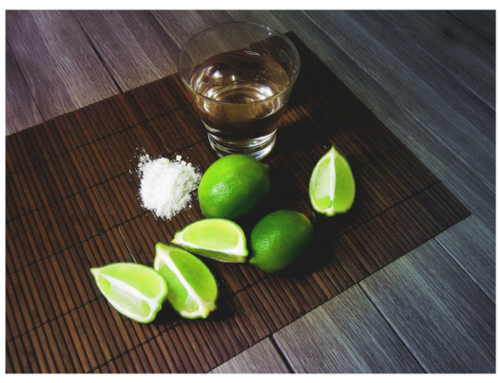The coffee at El Cafe de Avelino in Coatepec, Veracruz is heady, fragrant and strong. On a balmy July afternoon, owner Avelino Hernandez, with the slicked dark hair and off-white guaybara shirt of a 1950s Mexican movie star, is behind the counter manning the cafe’s roaster. He’s a man with many talents but only one passion – coffee.
“This space is for promoting beans that are of an exceptional quality, not volume,” he says gesturing to his narrow space tucked into the entryway of an old convent. “Each bean has its own essence and through the roasting process we allow it to demonstrate that essence, express its spirituality.”
He hands us two cups of steaming espresso and pours himself a shot of coffee-laced liqueur.
“Through tasting coffee you have a conversation with it, with its spirit,” he says. “Much more than saying it’s good, or I don’t like it, it’s a reflection and an evocation to feel everything within the coffee on an emotional level. This breeze, this energy, is not a coincidence, it’s the vibration of this place. In the end, all of this is what we drink.”
We all take a sip from our mugs.
“You just drank a coffee landscape. This is the act of drinking coffee in Coatepec.”
Preserving the Tradition
The state of Veracruz is said to have had the New World’s first coffee plantations on the mainland. When the Spanish brought plants from Cuba, Coatepec’s high altitude and mild climate made it perfect for cultivating shade-grown beans. Up until recently, however, the best beans were exported and locals drank the leftovers in the form of instant Nescafe. Avelino is calling this moment – when exportation has become more cost prohibitive and kept high-quality beans in the domestic market – an invaluable opportunity for everyone, down to the producers themselves, to appreciate a good cup of coffee.
Coffee farmers like Avelino’s grandparents — growers with a tiny plot in the mountains — are becoming more and more rare in the era of big agro-business.
“We look for places that use the old methods of production and have beans that are pure, indigenous varieties,” he says. This means non-commercial, small-scale farmers that dry their beans in the sun, grow their plants among the natural vegetation and don’t use pesticides and genetically-modified seeds.
No longer cultivating the family plot, Avelino is now cultivating awareness; about coffee, about nature, about slowing down enough to enjoy life’s simple pleasures. He’s a kind of caffeinated zen Buddhist. His romantic ideas and obsession with the perfect espresso have made him an enigma to his family and community.
Next, how best to enjoy coffee with tips from the pros…
[pagebreak]Tasting like a Pro
Working as a coffee sommelier in the private sector turned Avelino off big business. “The majority want to buy at one and sell at 20 and the spirit of coffee, the poetry of it, its preservation, are not important.” he says.
Avelino says that the only real talent you need to judge a bean is the power of observation. He explains the first aspect of tasting coffee is its fragrance, or the smell of the fresh ground beans. Then the beans are placed in cups and boiling water is poured over them, allowing you to experience the aroma, also called the bouquet. When the coffee cools it is slurped quickly with a special sterling silver tasting spoon to observe its nose.
“The nose,” he explains, “this is the most important step, it determines everything, it’s also known as the ‘aroma in the mouth.’ This is when you perceive the richest aromas; honey, or the smell of a flower, a type of wood or the earth,” he says.
The fourth and final aspect is the aftertaste, regusto in Spanish. The verb gustar can mean to taste but it can also mean to enjoy or like. So the regusto is a re-visitation of the flavor and a way to enjoy it all over again.
“In my particular opinion,” he says, “there is a moment when you start to identify very subtle and hidden qualities within the coffee. Where it comes from, who processed it, where they processed it, on what date and at what time of the year. You start to notice if it has a sweet, mineral or woody flavor. If it has an herbal aroma, a taste of caramel, all these things are memories, personal references that you associate with it.”
Attitudes about good coffee are changing, and Mexican coffee is becoming a source of pride for Avelino and others who share his philosophy.
“What we need is to create is a culture around the act of drinking a good cup of Coatepec coffee. It must be a joint effort between drinkers, sellers and producers,” Avelino says. “It’s urgent to reevaluate the model and shift to a more sensible philosophy, a more loving one.”
If you happen to wander down Aldama street in Coatepec, you’re likely to find Avelino sitting at his shop in front of the San Jerónimo church writing poems. If you stop, you might just taste some of the best coffee in Mexico.
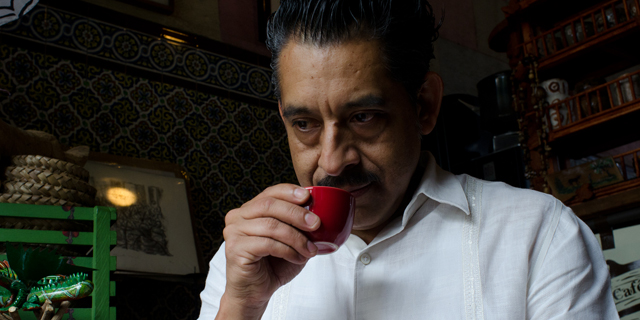

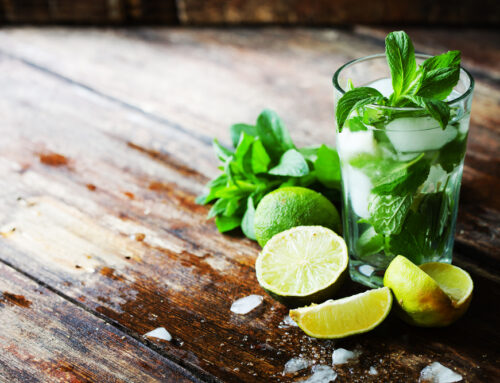
![Making Mealtime Matter with La Familia: Easy Sofrito [Video]](https://thelatinkitchen.com/wp-content/uploads/2015/10/sofrito-shutterstock__0-500x383.jpg)
![Easy Latin Smoothies: Goji Berry Smoothie [Video]](https://thelatinkitchen.com/wp-content/uploads/2015/12/goji_berry-shutterstock_-500x383.jpg)


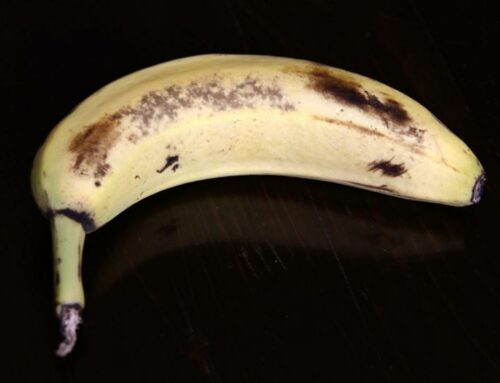



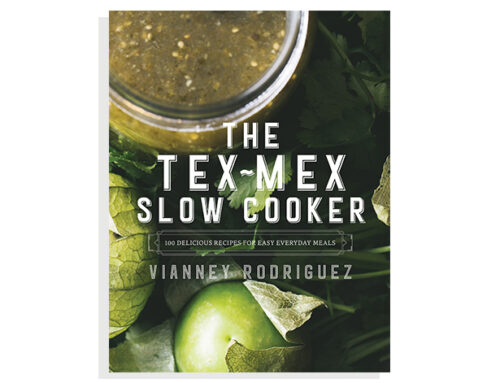
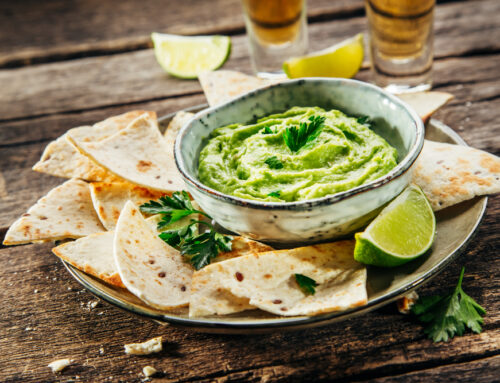

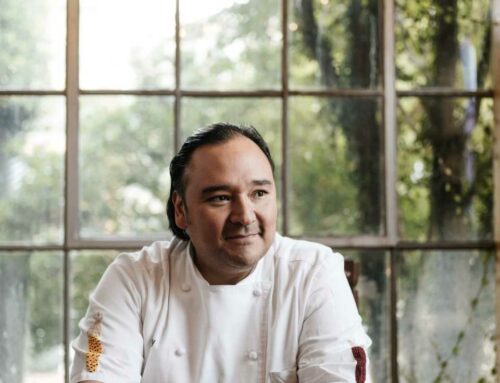

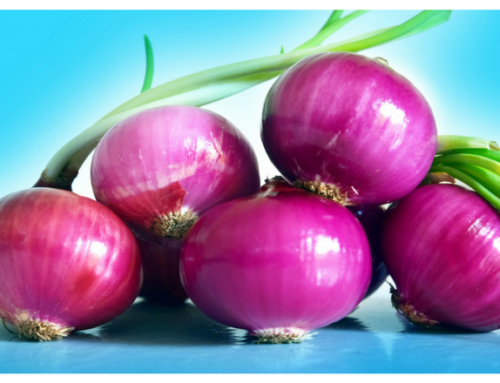




![Fun and Fast Recipes: Fiesta Cabbage Salad [Video]](https://thelatinkitchen.com/wp-content/uploads/2015/11/fiesta_cabbage_slaw-shutterstock_-500x383.jpg)
